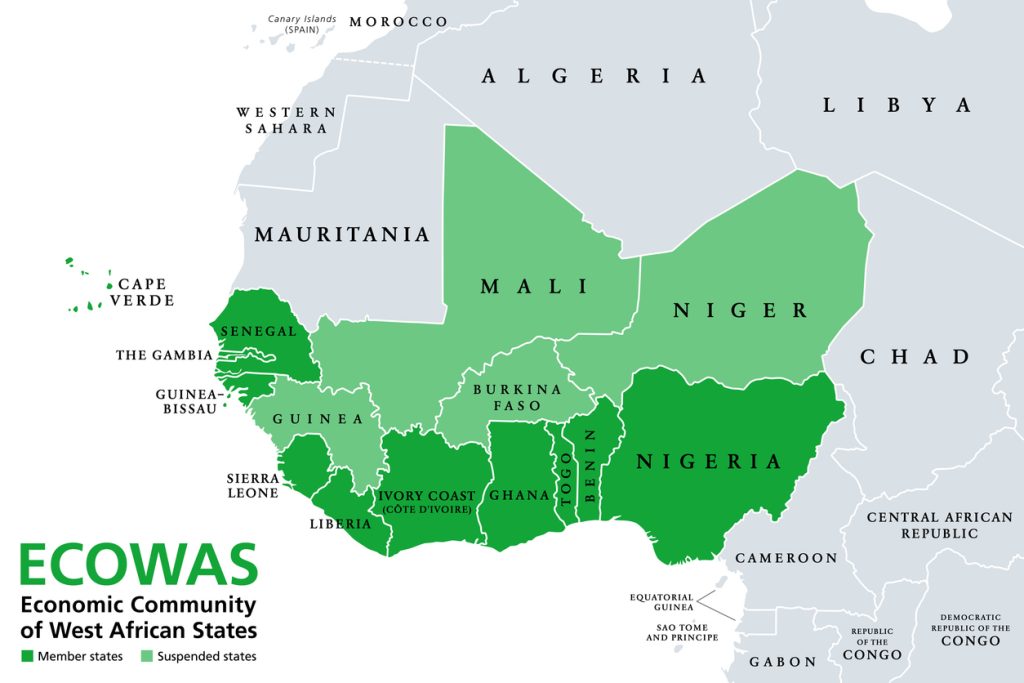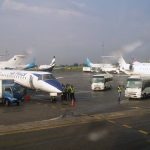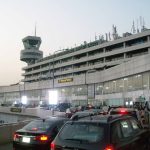Efficient transport infrastructure is the backbone of the Economic Community of West African States (ECOWAS), enabling the free movement of goods, services, and people across 15 member countries. From highways to deep-sea ports, the region is investing heavily in modernising its transport systems to boost trade and economic growth.
For Nigerian logistics providers like Travo.ng, these infrastructure developments are crucial for reducing delivery times and improving regional connectivity.
Key Components of ECOWAS Transport Infrastructure
1. Road Networks
- Trans-West African Coastal Highway – Connecting Lagos to Dakar through multiple ECOWAS countries.
- Lagos–Abidjan Corridor – A major trade route for goods and passengers.
- Ongoing upgrades to border crossing points for smoother transit.
2. Rail Infrastructure
- Plans for cross-border rail links connecting Nigeria to Niger, Benin, and other ECOWAS states.
- Rehabilitation of national railways to improve cargo movement efficiency.
3. Ports and Maritime Facilities
- Expansion of seaports in Lagos (Nigeria), Tema (Ghana), and Abidjan (Côte d’Ivoire).
- Modern container terminals to handle larger cargo volumes.
4. Airports and Air Freight Facilities
- Upgrades to regional airports in Lagos, Accra, and Abidjan.
- Increased capacity for air cargo to support express freight within ECOWAS.
5. Border Facilities
- Joint Border Posts (JBPs) to reduce delays and streamline customs clearance.
- Digital customs and tracking systems for faster processing.
Benefits of ECOWAS Transport Infrastructure
- Reduced Transit Times – Faster delivery of goods across member states.
- Lower Trade Costs – Efficient routes cut fuel and handling expenses.
- Improved Safety – Better roads and regulated checkpoints.
- Boosted Regional Integration – Stronger links between economies.
Nigeria’s Role in ECOWAS Transport Development
- Nigeria is a central hub in the ECOWAS road and port network.
- Major projects include Lagos–Kano–Jibiya transport corridors and port expansions.
- Investments in logistics hubs to facilitate cross-border distribution.
How Travo.ng Uses ECOWAS Infrastructure
- Route Planning – Leveraging new highways and border posts for faster trips.
- Multi-Modal Logistics – Combining road, rail, sea, and air options.
- Regional Coverage – Serving customers in all ECOWAS countries.
- Efficient Customs Handling – Using upgraded border facilities to cut clearance time.
Final Word
The expansion of ECOWAS transport infrastructure is transforming how goods move across West Africa. With Travo.ng’s expertise in cross-border logistics, Nigerian businesses can take full advantage of these improvements to grow regionally.







